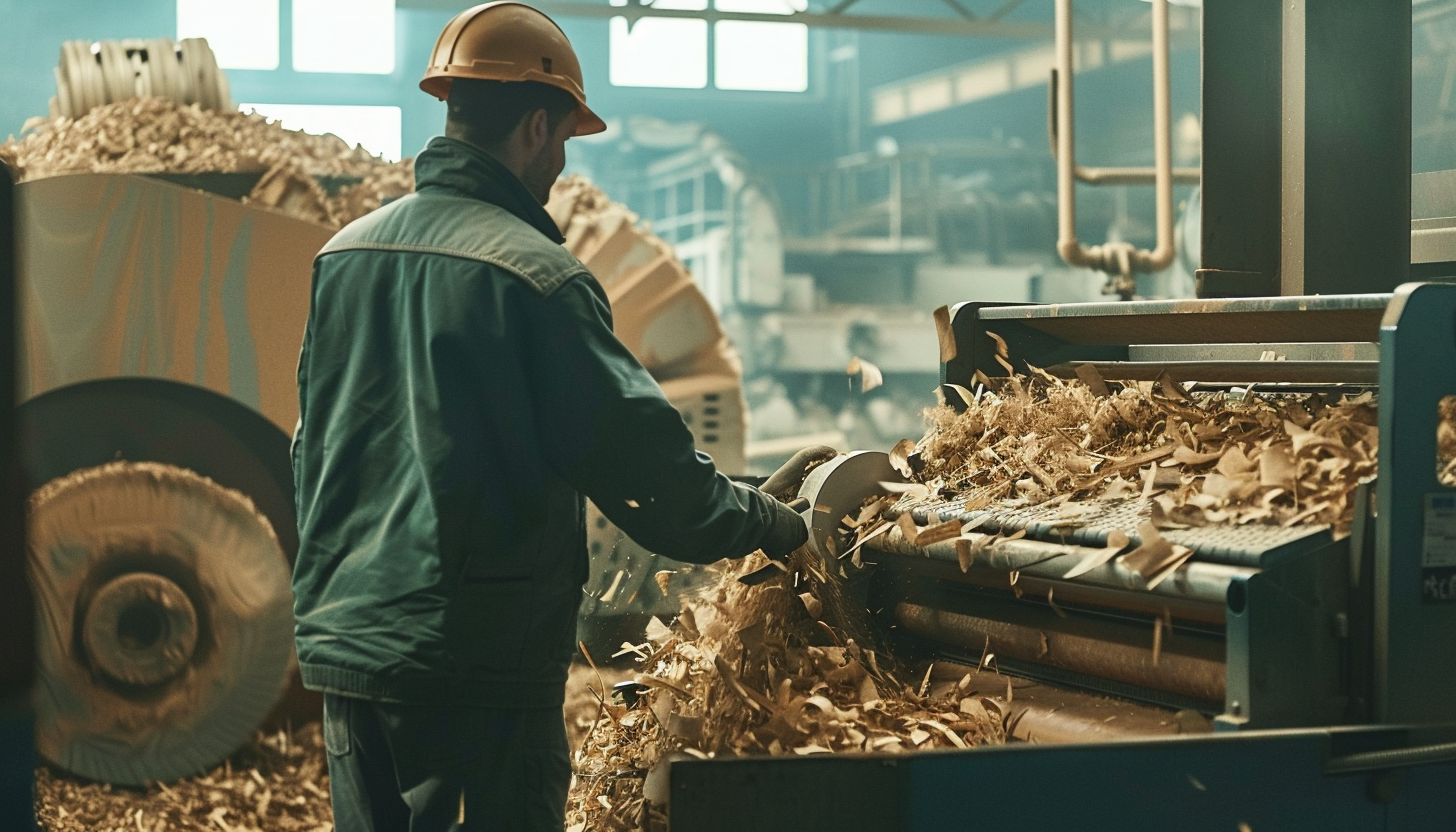In the quest for sustainability, the recycling industry plays a pivotal role in transforming waste into valuable resources. At the heart of this transformative process lies a critical yet often overlooked hero: the industrial shredder. These robust machines do more than just tear apart waste; they are key players in a green revolution that marries environmental responsibility with economic savvy. This blog delves into the multifaceted role of industrial shredders in recycling and how their contribution is not just a win for the planet but also for the bottom line.
The Environmental Imperative:
Industrial shredders stand at the forefront of waste management, tackling a wide array of materials from plastics and paper to electronic waste and scrap metal. By breaking down bulky waste into manageable sizes, shredders enhance the efficiency of recycling processes, making it easier to sort, process, and repurpose materials. This not only diverts vast amounts of waste from landfills, reducing greenhouse gas emissions and conserving landfill space, but also contributes to the conservation of natural resources by enabling the reuse of materials.
The Recycling Revolution:
In the recycling ecosystem, industrial shredders are indispensable. They facilitate the breakdown of complex waste streams into pure streams of recyclables, optimizing material recovery. This efficiency is crucial for recycling facilities looking to maximize throughput and minimize contamination, a key factor in the quality and marketability of recycled materials. Moreover, the versatility of shredders allows for the handling of diverse waste types, making recycling operations more flexible and responsive to market demands.
Economic and Cost Efficiency:
Beyond their environmental benefits, industrial shredders present a compelling case for cost efficiency. By enhancing the recycling process, shredders reduce the need for virgin materials, leading to significant savings in raw material costs. Furthermore, the production of recycled materials often requires less energy than virgin materials, translating to lower energy costs and a smaller carbon footprint. Efficient waste management also mitigates potential regulatory fines and can enhance a company's reputation, opening doors to eco-conscious consumers and markets.
Sustainable Practices for a Competitive Edge:
Incorporating industrial shredders into waste management strategies is not just about compliance or environmental stewardship; it's a strategic business decision. Companies that adopt sustainable practices report improved operational efficiencies, reduced costs, and enhanced brand loyalty among consumers increasingly concerned about the environmental impact of the products they purchase. In this light, investing in industrial shredding technology is an investment in a company's future competitiveness and sustainability.
Conclusion:
The role of industrial shredders in the recycling process is a testament to the power of innovative solutions in addressing environmental challenges. By enhancing the efficiency and effectiveness of recycling, shredders not only contribute to a more sustainable planet but also offer a pathway to economic savings and operational excellence. As industries worldwide strive towards sustainability, the humble shredder stands as a beacon of green efficiency, proving that environmental responsibility and economic prosperity can go hand in hand.
Let's get in touch:
With decades of expertise in the shredding industry, we're equipped to help you find the right fit for your needs. Whether you have a question, need a quote, or want to discuss your shredding requirements, get in touch and our team will be happy to assist you. Give us a call at (800) 992-5279 or fill out the contact form.
